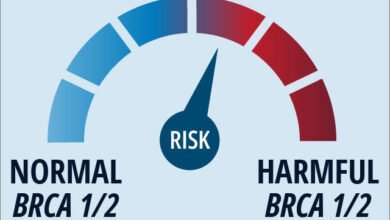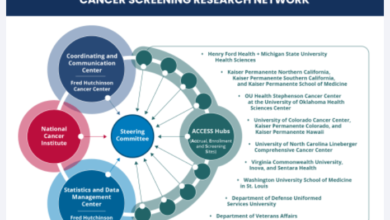3 Important Reasons to See a Mesothelioma Specialist

1: Specialty Mesothelioma Care Improved Access to Surgery
Specialty mesothelioma care dramatically improved the rate of surgery-based treatment. In the standard care group, only 6% of patients had mesothelioma surgery. That is far less than the specialty care group where 22% of patients had surgery.
According to the study, this increase came from simply offering surgery to qualified patients. In other words, the standard care group may have had the same number of patients eligible for surgery. But these patients were not given the option, which kept the surgery rate low.
What Does It Mean for Mesothelioma Patients?
Specialty care access made it more likely for qualified patients to:
- Know they were eligible for surgery
- Go through with surgery
This represents a major benefit of specialty care since treatments that include surgery are so effective. For example, the life expectancy for pleural patients treated with chemotherapy alone is about 14 months. But in a study, patients who received surgery followed by heated chemotherapy lived more than 3 years.
Mesothelioma patients may want to keep this in mind when deciding whether or not to pursue specialty treatment.
2: Specialty Mesothelioma Care Boosted Survival for Patients Undergoing Aggressive Treatment
The study also found a link between mesothelioma experience and survival. When the care team treated mesothelioma more frequently (as in the specialty care group), aggressive therapies were better at extending life.
In the study, median survival with surgery-based combination treatment was:
- Standard care group: 17 months
- Specialty care group: 23 months
In the specialty care group, the same surgeon treated every mesothelioma patient. So treatment from a more experienced surgeon extended survival by about 6 months versus the same treatment from a less experienced surgeon.
What Does It Mean for Mesothelioma Patients?
Mesothelioma patients who qualify for surgery have a shot at long-term survival if they choose a mesothelioma specialty surgeon. A surgeon who has a lot of current experience treating this rare cancer will know more about it than a general surgeon. This knowledge may mean the surgery and follow-up treatment will be more effective at improving survival.
3: Specialty Mesothelioma Care Led More Patients to Get Treatment
Specialty mesothelioma care increased the percentage of patients undergoing any form of treatment. In the standard care group, only 44% of patients received treatment. In the specialty care group, 63% of patients received treatment. So specialty care increased the treatment rate by more than 40%.
This trend also appeared in a subset of patients with early-stage mesothelioma. For context, patients in Stage 1 or Stage 2 generally have several treatment options. They also tend to have the best survival outcomes.
In the standard care group, a significant number of these patients were not offered any form of treatment. In the specialty care group, these early-stage patients were 39% more likely to be offered treatment. This jump may mean that all early-stage patients in the specialty care group were offered treatment. But the study is unclear on that point.
The study authors noted this gap in offered treatments may stem from a lack of knowledge. The standard group oncologist may have underestimated the benefit of some therapies. This may have kept the oncologist from offering treatments that could have truly helped.
Source link
#Important #Reasons #Mesothelioma #Specialist



